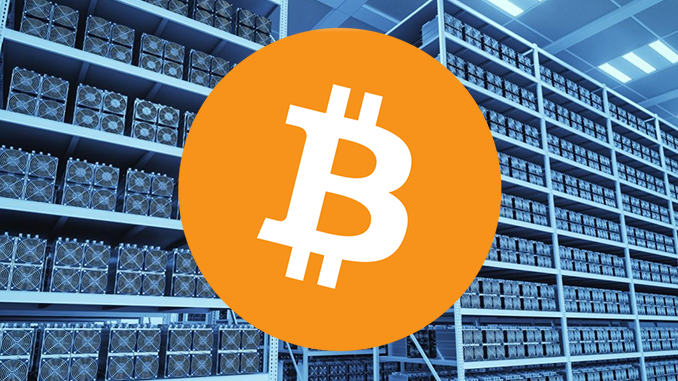
Internationally isolated states such as Iran and North Korea have entered Bitcoin mining in order to be able to conduct foreign trade through BTC without the banking system. There are apparently similar paragraphs in Venezuela, where the state treasury is on the brink of bankruptcy. Do such Bitcoin miners influence the price of BTC?
In crisis states, Bitcoin (BTC) is apparently not only developing into an attractive alternative to the unstable national currencies for the population, but also the state leaderships seem to be discovering the advantages of the crypto currency for themselves. At least reports about Iran and North Korea running Bitcoin Mining through governmental agencies are accumulating. Both countries are cut off from the international banking system by U.S. sanctions and thus see in BTC the possibility of conducting foreign trade nevertheless. In Venezuela, which is plagued by hyperinflation, there are also signs that private Bitcoin Mining is being nationalized by force. Thus investors ask themselves: Can such state-owned Bitcoin miners have an effect on the price curve of BTC?
Background on Bitcoin Mining in crisis states
It is known from Iran that power stations there are required to take over Bitcoin Mining as an additional task. Specialized hardware for this comes from China, which is already circumventing sanctions through oil and gas deals with Iran. Similar things can be heard from North Korea, even though the news situation there is thin due to self-imposed isolation. From Venezuela there have been clear indications of the use of Bitcoin by the population as a substitute currency for quite some time. What is new there is news that the police are confiscating the equipment of private Asic Miners and making them work for themselves.
It is estimated that at least 100,000 BTC worth the equivalent of a good $1 billion are currently managed through such state pools. The special thing: Here they serve neither as a store of value nor as an object of speculation, but are obviously used as a substitute for Fiat in foreign trade. Iran, for example, is to buy Russian timber in exchange for BTC, and North Korea needs medicines and technology. The acceptance of experts: The Bitcoin, which are charged in foreign trade, remain in active circulation and react at best with a delay to price fluctuations among trading partners. But their absolute quantity – and this indicator is rising – withdraws liquidity from the overall market for Bitcoin. A possible scenario: If state-owned BTC miners continue to take market share from private miners, the amount of freely tradable Bitcoin will decrease, which in turn could drive the price.
Conclusion: Do not underestimate state Bitcoin miners
Admittedly, the invoice with the BTCs used for foreign trade is one with many uncertainties. What if, after all, Russian companies in the trade chain were to turn their BTCs back into fiat on crypto exchanges? What if China insists on an E-Yuan for its business transactions in the future, bypassing sanctions? But one thing is clear: The absolute number of the Bitcoin, which provides by the state as commercial currency for substantial conversions at the crypto stock exchanges past, reached amazing orders of magnitude and a reversal of the trend is not foreseeable. Medium-term this development is rather a price driver for BTC, because the private demand in the western world for Bitcoin continues to rise with not least by the Bitcoin Halving limited supply.
Best place to buy Bitcoin:

Leave a Reply